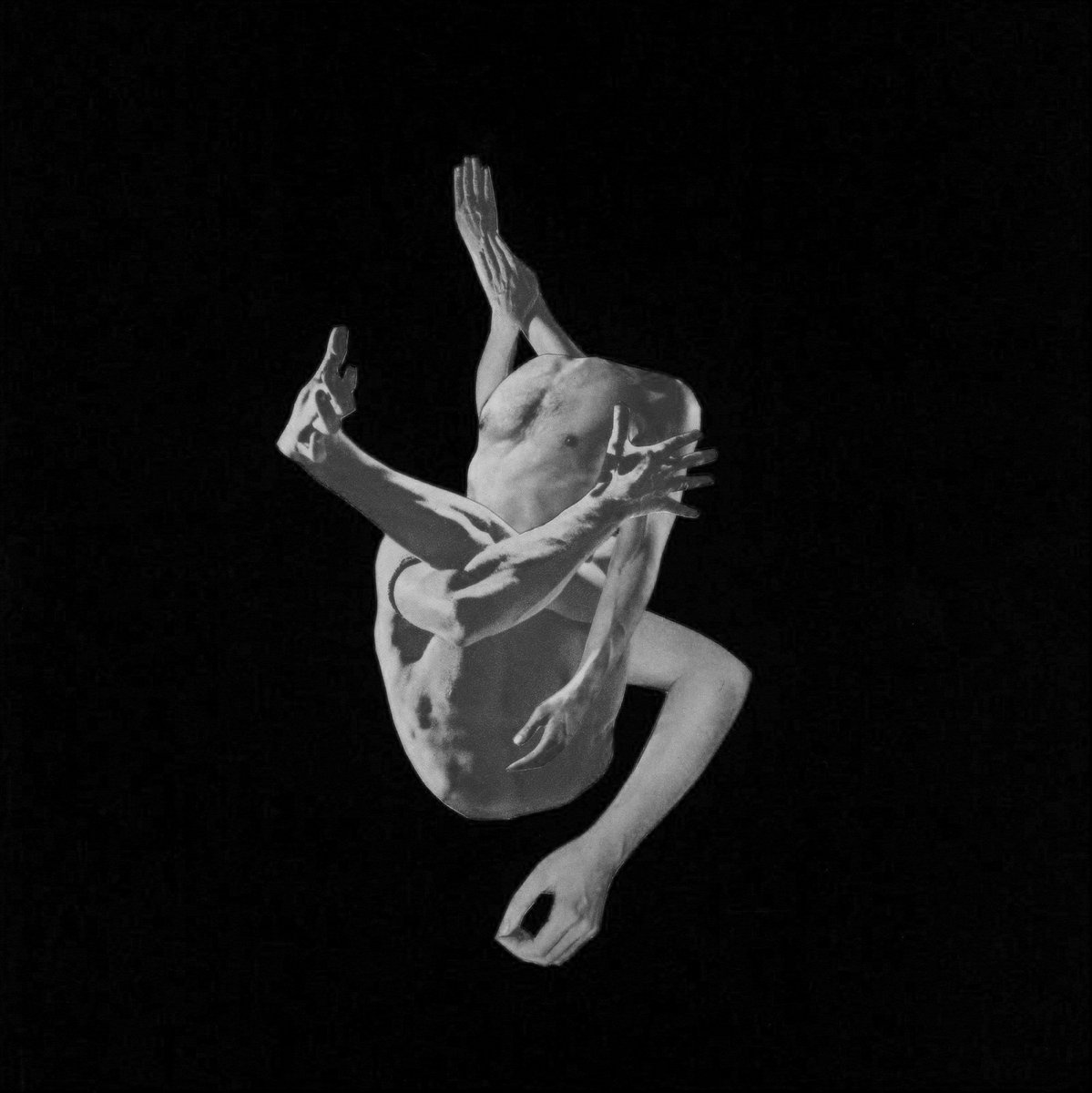It’s important to recognise and give credit to any artist who is willing to pivot into the realms of complete “what the fuckery”. It’s all too easy to reiterate, recycle and remain trapped in a perfectly serviceable rut. These voyages into unknown have created the likes of Tilt, Homogenic and Velvet Underground. On the other hand, it’s also allowed turds like Metal Machine Music to worm their way into existence. But even a malformation as fiendish as MMM is preferable to something like VU’s Squeeze. Lou Reed and a not insignificant amount of heroin tried and failed where Doug Yule played it safe. Childhood was one of those nu-gaze acts that were the rage in London four years ago. Remember when the likes of Cheatahs, Swim Deep and Jaws were going to be huge? Their previous LP, Lacuna, was serviceable if forgettable; a real exactly-what-it-says-on-the-tin job. All this makes their most recent album, Universal High, a genuine curiosity. Rather than toiling in the path that Kevin Shields macheted, they’ve opted to diverge and become a soul band. While they’ve retained elements of the dream pop style, they’ve been heavily reading from the gospel of Marvin Gaye, Prince, and Shuggie Otis. This about face turn of a genre isn’t entirely successful as the errors which haunted Lacuna are still present, but it’s a welcome twist that gives Universal High, it’s own worthwhile place.
The chief flaw of this record though is one of identity. The band is very good at picking their inspiration, determining what works about them and crafting a song based on those facts. The problem is that they’re really good at making other people’s songs. The thick distorted bass that kicks ‘Cameo’ up a notch is wonderful, but it is the exact kind of thing that Cameo the artist would have done. For so much of the album, your experience is coloured by thoughts like “oh this is the Prince bit” or “this is the bit with the Sam Cooke breakdown”. This is ultimately okay, as the music is fundamentally decent, but it does leave you wanting a lot more. In the worst cases, it can lead you to be more unforgiving. Case in point would be ‘Too Old For My Tears’ in which lead singer Ben Romans Hopcraft bears an alarming and unfortunate resemblance to Chris Martin and the world doesn’t need Chris Martin soul. It leaves this album in an unfortunate stalemate where you can appreciate what they’ve done and what they’ve tried to do, but lament how frustrating it is that they struggle to do more with their tools.
With this said, there are two cuts on this album that work without a shadow of a doubt: ‘Don’t Have Me Back’ and ‘Nothing Ever Seems Right’. Both achieve a similar function but do so in their own special way. Their main strength is actually how well they fuse Childhood’s identities. Where large swathes of Universal High are marked by their over reliance of the past, these two feel decidedly modern. The trippy, dreamier atmosphere of the previous LP is perfectly melded with swaggering, hyper confident funk. On paper it reads like it shouldn’t work, but when the needle drops you’re automatically caught up in it. At the heart of these pieces is an unabashed love of pop music. While they do owe a huge amount to the more prevalent influences on the record, there are deliberate chart topping melodies here. The songs are better for it as they suggest that there is more to Childhood than just reiterations of what’s come before. What they’ve decided to say is interesting, hopefully, they can find a unique way to say it. Will Murphy






